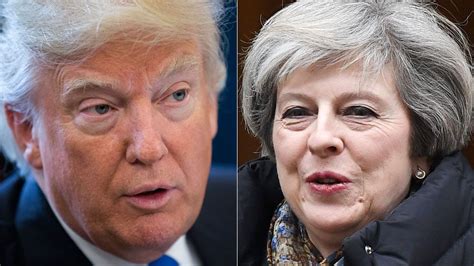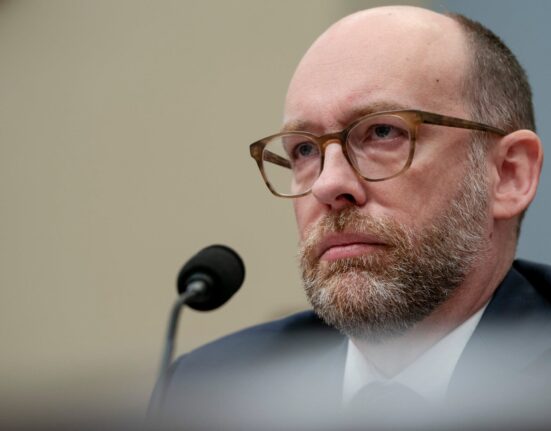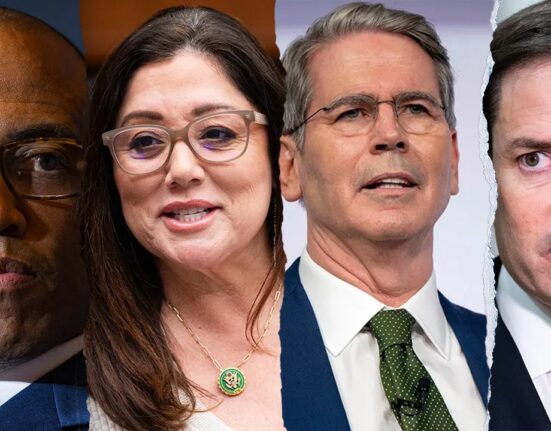In the world of diplomacy, navigating relationships with foreign leaders can be a delicate dance. And when it comes to establishing rapport with someone as unpredictable as Donald Trump, the stakes are even higher.
Tom Fletcher, a seasoned veteran in international affairs who has advised multiple U.K. prime ministers on transatlantic relations, shared some valuable insights on how Britain’s new ambassador to the United States should approach dealings with the enigmatic president.
Fletcher emphasized the importance of not appearing desperate for Trump’s approval. He cautioned against getting too caught up in superficial matters like the length of press conferences or the content of tweets, urging a focus on substantive engagement instead.
“My advice to the U.K. is: Don’t get too hung up on the cosmetic stuff,”
Fletcher remarked.
“There’s a danger that we get too caught up in the immediate things that Donald Trump might want.”
Despite acknowledging that interactions under Trump would be more transactional, Fletcher expressed confidence in Peter Mandelson’s abilities to navigate this dynamic effectively. Mandelson, set to take over as ambassador following Karen Pierce, was described as a skilled political operator with exceptional emotional intelligence—a crucial asset in engaging with Trump.
The prospect of resetting U.K.-U.S. relations post-Biden era was seen by Fletcher as presenting both challenges and opportunities. He noted that while there might be moments of uncertainty (
“moments of jeopardy”
), there was also room for strategic engagement that could yield diplomatic dividends.
In contemplating ways to engage with Trump’s preferences, including his penchant for grandeur and spectacle, Fletcher suggested leveraging Britain’s capacity to host lavish state visits and events as a means of fostering goodwill and building rapport with the president.
“If you have a leader who likes those things more, why not turn them up?”
he mused.
However, amid debates within Labour ranks and diplomatic circles over how far Britain should align with Trump’s policies—especially concerning issues such as Ukraine and NATO—Fletcher underscored the need for principled engagement without compromising core values or interests.
Reflecting on his experiences assessing humanitarian needs in conflict zones like Ukraine amidst challenging winter conditions, Fletcher highlighted the urgent imperatives facing global relief efforts. Shrinking budgets and escalating conflicts have placed immense strain on organizations like the U.N., demanding greater efficiency and coordination in delivering aid where it is most needed.
Acknowledging fundraising challenges exacerbated by dwindling support from traditional donors and skepticism towards multilateral institutions like the U.N., Fletcher stressed the imperative of adapting strategies to overcome these obstacles while staying true to humanitarian principles.
As diplomats navigate an evolving landscape marked by shifting power dynamics and geopolitical uncertainties, one thing remains clear: effective diplomacy demands foresight, flexibility, and above all—a steadfast commitment to advancing mutual understanding and cooperation across borders.









Leave feedback about this